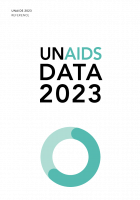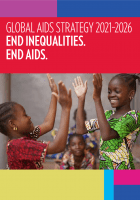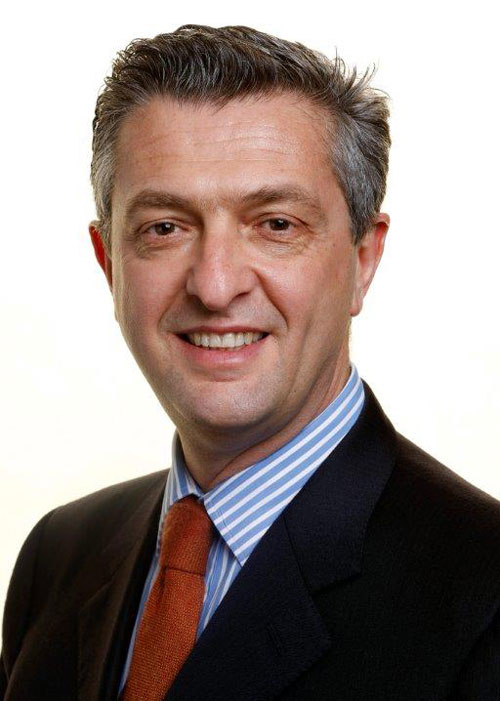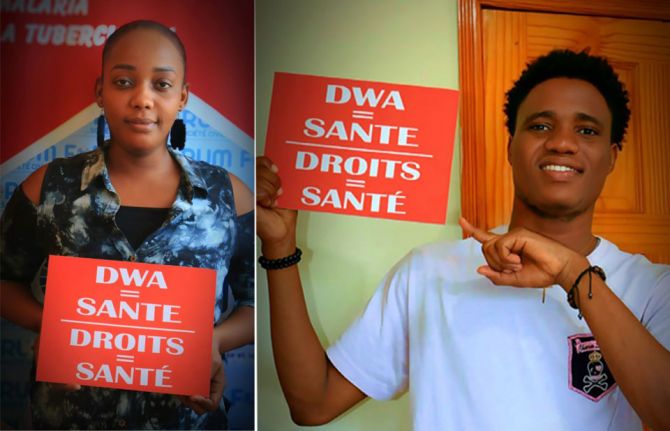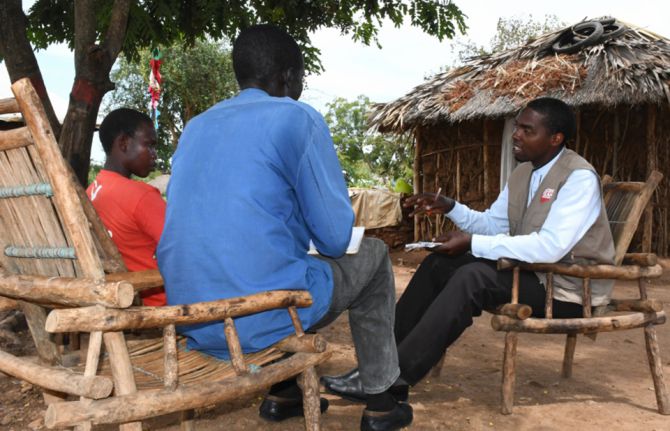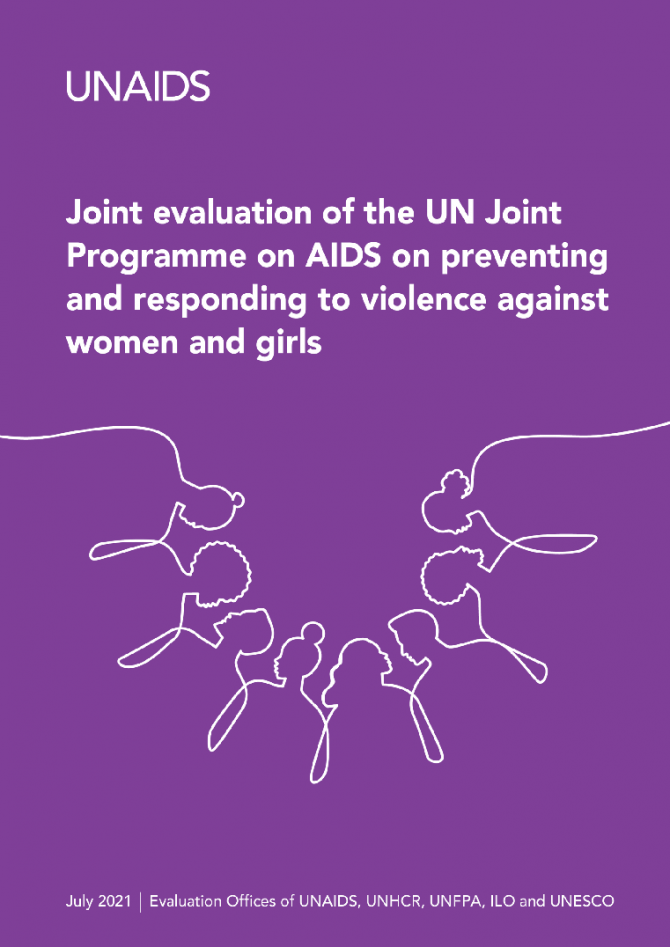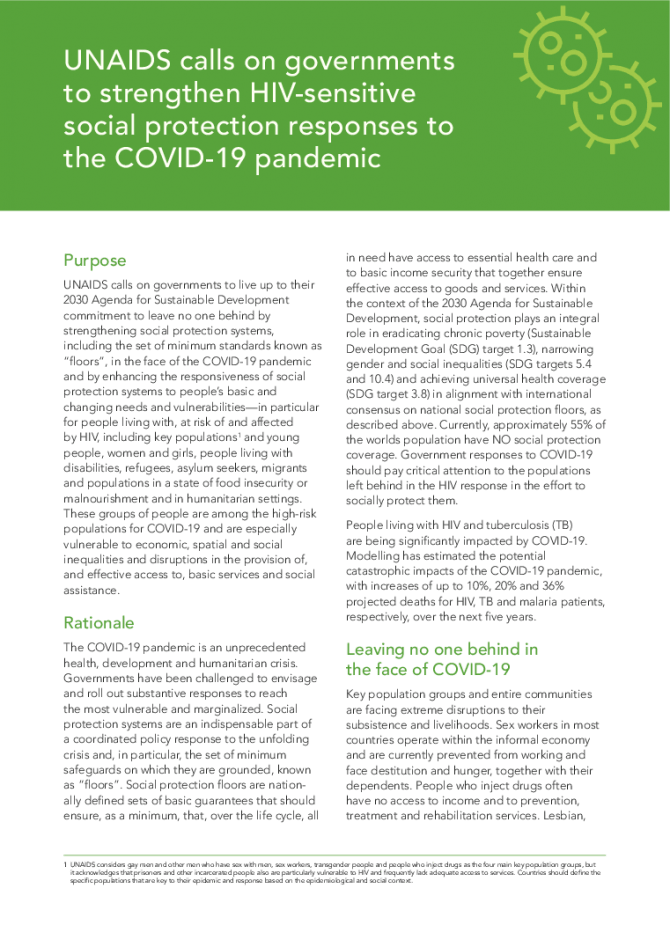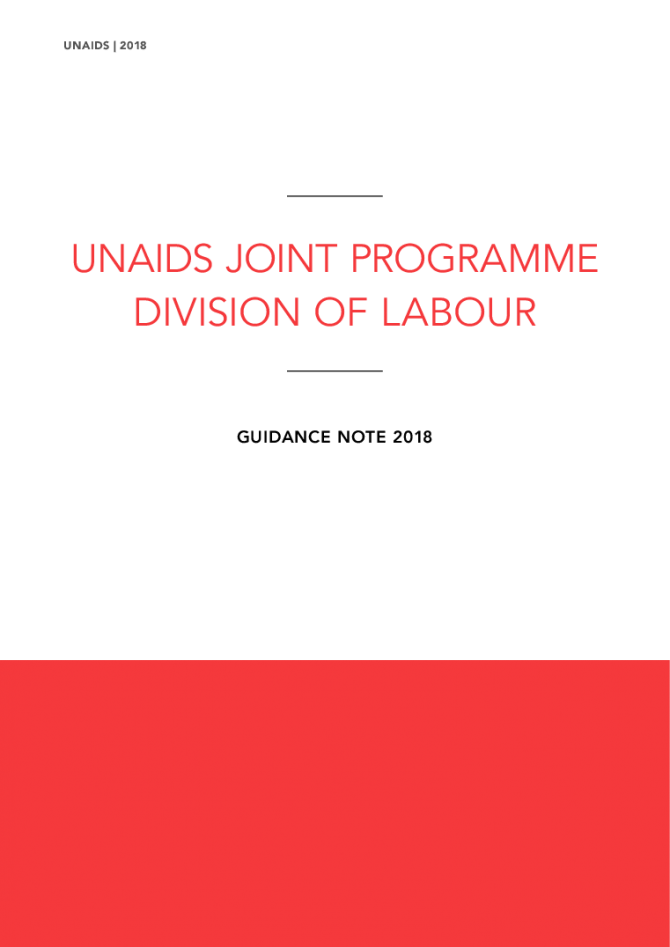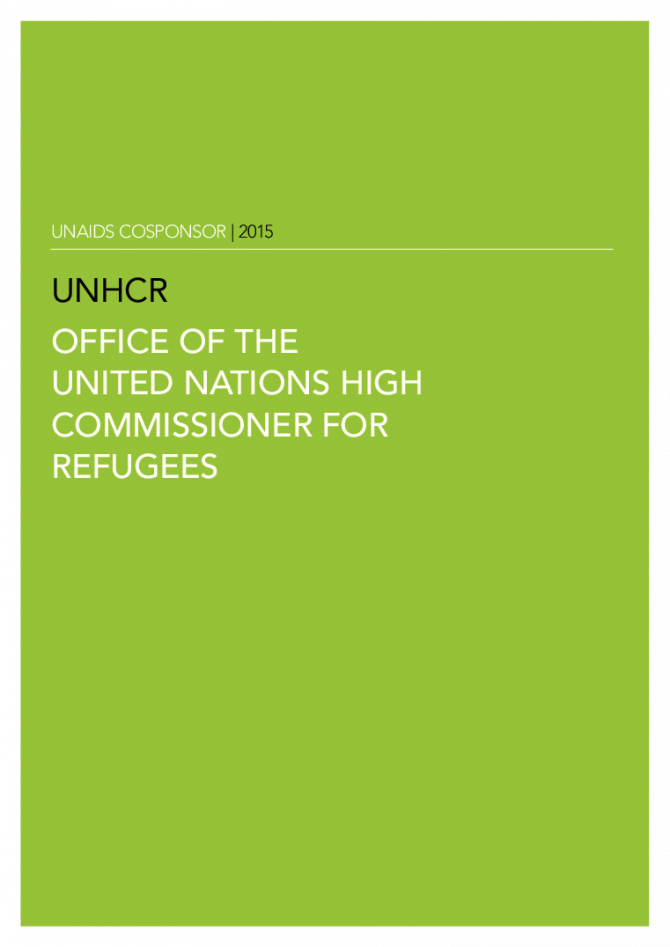The Office of the United Nations High Commissioner for Refugees (UNHCR) has a mandate to lead and coordinate global action to protect the rights and well-being of tens of millions of refugees, internally displaced persons and others of concern, including the stateless, asylum seekers, returnees and surrounding host communities.
The agency, active in well over 120 countries, makes a unique contribution to the international AIDS response. It reaches people who may have become more vulnerable to HIV, owing to displacement and exposure to conflict situations, with a wide range of interventions and programmes driven by AIDS-related competence and expertise developed over decades.
UNHCR runs substantial HIV programmes in Africa, Asia, the Americas, the Middle East and eastern Europe. Under the UNAIDS Division of Labour, UNHCR co-convenes the Inter-Agency Task Team on Addressing HIV in Humanitarian Emergencies, which involves, among other tasks, coordinating HIV technical support for displaced populations. As the lead organization responsible for such populations, UNHCR plays a pivotal role, serving as an entry point for governments and other relevant country-level stakeholders requiring particular UNAIDS technical support.
In order to fulfil its mandate, UNHCR promotes effective synergies and capitalizes on the comparative advantages of a broad spectrum of partners, including refugees and host communities, governments, donor agencies, United Nations agencies and other international organizations, national and international nongovernmental bodies (such as faith-based organizations), academic and research institutions and the private sector.


